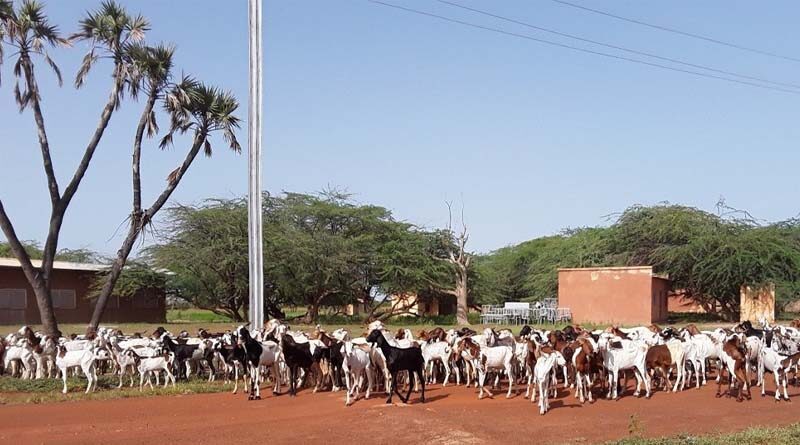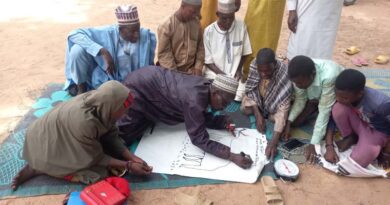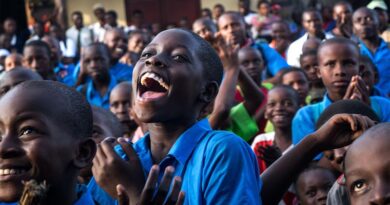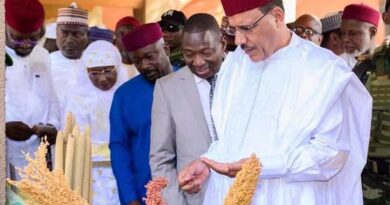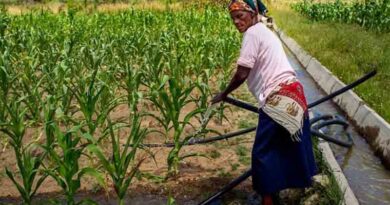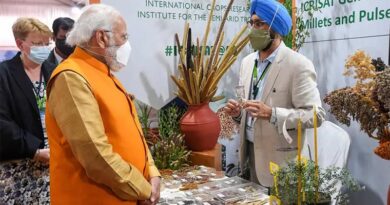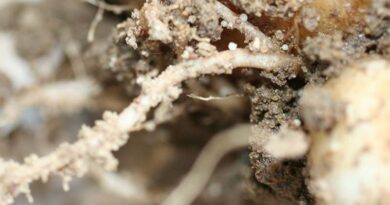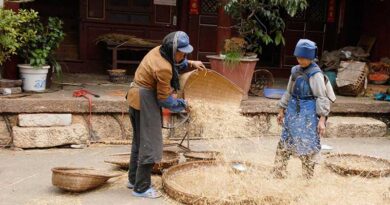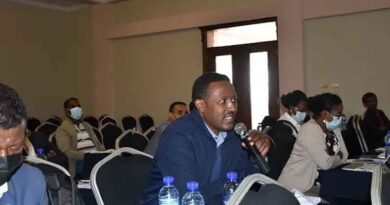USAID and ICRISAT to enhance agro-pastoral productivity and market development in Niger
13 March 2023, US: The United States Agency for International Development (USAID) and the International Crops Research Institute for the Semi-Arid Tropics (ICRISAT) has launched a new project to benefit 1,500 farmers from 2022 to 2025, based on the ancient practice of crop-livestock integration, which has seen a revival in recent decades.
The project ‘Enhancing the productivity and resilience of agro-pastoral systems, and income, food, and nutrition security through market-oriented innovations in Niger’ which was launched in January, will focus on the practice of crop-livestock integration to reduce multidimensional poverty while improving nutrition.
In recent decades crop-livestock integration has expanded to improve the productivity and sustainability of smallholder farming systems.
It combines crop production and livestock rearing in a mutually beneficial way to optimize the use of land, labor, and other resources, and to improve the overall productivity and sustainability of a farm.
Crop residues can be used as feed for livestock, while animal manure can be used as fertilizer for crops. This integration can result in improved soil fertility, increased crop yields, and more diversified sources of income for farmers.
Mr Djimasbe Ngaradoum, Chief of Party USAID Yalwa Niger commenting on the project, said it is important to build a bridge between research, development, and humanitarian work to break long-term dependence on humanitarian assistance and to support rural farmers.
The project intends to achieve a 30% increase in income from business opportunities around the fodder value chain and increase market access, as well as drive a 25% increase in the use of feed technologies and a 30% increase in the consumption of animal feed.
Director General of ICRISAT Dr Jacqueline Hughes commended the USAID ICRISAT partnership to improve the livelihoods of farmers in Niger which she hoped could be scaled to other West African nations.
“This collaboration will improve the livelihoods of smallholder farmers by harnessing the synergies between crops and livestock.
“While this system of farming is not new, ours is a new approach that builds more inclusivity, especially for women and girls, which is expected to enhance food security by fostering more efficient use of land and resources,” said Dr Hughes.
Deputy Director General – Research at ICRISAT, Dr. Arvind Kumar, highlighted that scientific research is crucial in developing sustainable crop-livestock integration practices. He explained that research can help farmers optimize their land and resources, increase productivity and profitability, and promote environmental sustainability by providing evidence-based insights and innovative solutions.
“I commend the efforts of researchers, scientists and support staff on this Project who will work to advance this important area of agricultural development in Niger,” said Dr Kumar.
Prof Falalou Hamidou, ICRISAT Country Representative – Niger, West and Central Africa highlighted the role of agro-pastoral systems in the livelihoods of rural farmers.
“Many smallholder farmers in Niger rely heavily on agro-pastoral systems, which serve as the foundation of their rural livelihoods, offering essential food, income, and social identity,” said Prof. Hamidou.
The project will be led by Dr Clarisse Umutoni, a crop-livestock scientist at ICRISAT.
Also Read: Tendovo soybean herbicide from Syngenta earns rave reviews during first season of use
(For Latest Agriculture News & Updates, follow Krishak Jagat on Google News)

